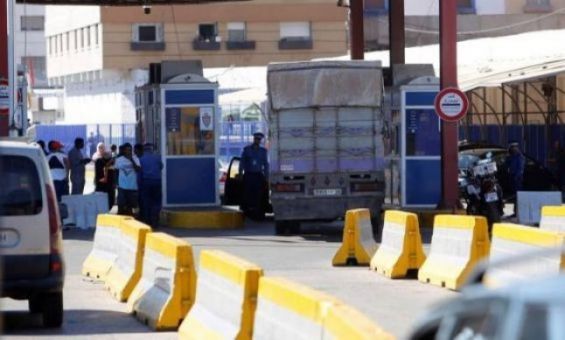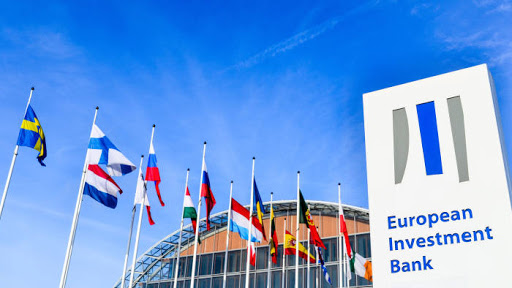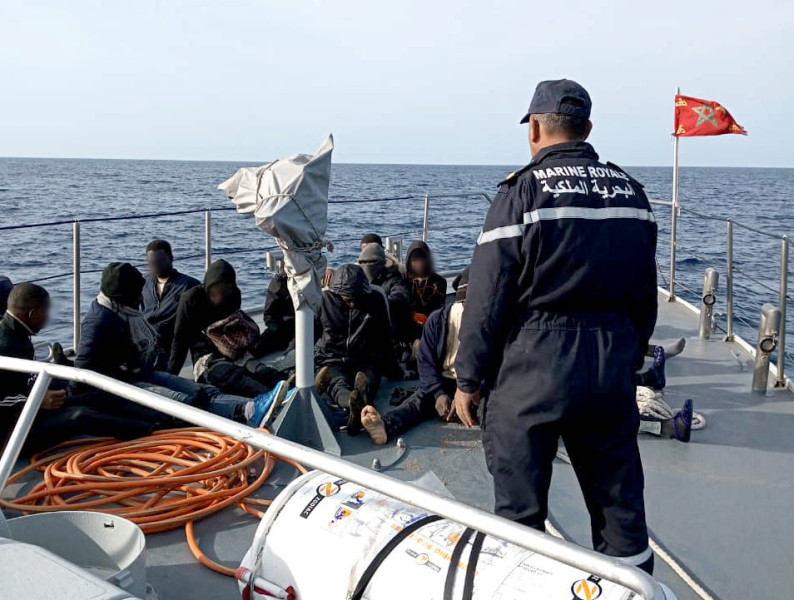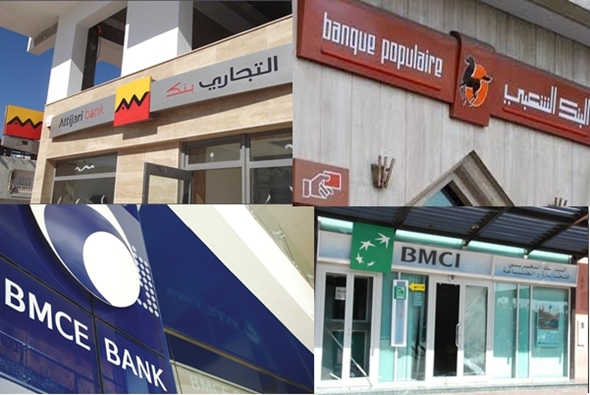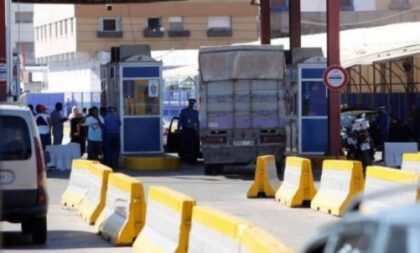 The Moroccan government authorized the repatriation as of this Friday May 15 of the Moroccans who have been stranded in the Spanish enclave of Melilla since Morocco closed its air, land and sea borders last March 12 to limit the spread of COVID-19.
The Moroccan government authorized the repatriation as of this Friday May 15 of the Moroccans who have been stranded in the Spanish enclave of Melilla since Morocco closed its air, land and sea borders last March 12 to limit the spread of COVID-19.
The Spanish news agency EFE, quoting official Moroccan sources, said the operation concerns 500 Moroccans, generally daily workers living in the cities of Northern Morocco, and will take place over two stages.
The repatriation of 200 citizens has started this Friday afternoon, while the remaining 300 will travel home in a second phase.
Moroccan authorities shared the repatriation plans with Spanish authorities in Melilla to agree on the operation logistics.
The operation is led under the aegis of the Moroccan Ministry of the Interior and not that of Foreign Affairs, as Mellila is an occupied Moroccan enclave, whose management is ensured by the Department of the Interior.
Relatedly, Moroccan news website le360 reported that authorities have mobilized seven coaches that will repatriate some 175 Moroccans. The returnees will be transported to the Mediterranean seaside city of Saïdia where they will be quarantined in several hotels.
The state takes in charge all costs related to this operation, including accommodation, catering and care during the quarantine period, le360 said.
The repatriation operation comes less than 24 hours after a Moroccan woman died at the Plaza de Toros Homeless Shelter in Melilla, according to local newspaper Melilla Hoy.
The woman worked as a domestic worker in Melilla, until she lost her job about 10 days ago and was taken to the shelter.
Staff at the temporary shelter found the woman’s body in the bathroom, bleeding from the nose and ears. The cause of her death is as yet unknown.
These repatriation operations from Melilla will be a test for Moroccan authorities and for the country’s capacity to manage these types of situations in terms of reception structures and medical and social monitoring.
Nearly 28,000 Moroccans are stranded abroad waiting to be repatriated home. Moroccan Foreign Minister Nasser Bourita hinted lately before the parliament that Moroccans stuck in Algeria will be among the first to be repatriated after those repatriated from Sebta and Melilla.
The government has repeatedly said that it is closely monitoring the situation of stranded Moroccans, and that Morocco’s diplomatic representations made efforts to accommodate and support 5,704 of these nationals.
Although there has been no official announcement yet, the repatriation of Moroccans from Melilla could be the start of a large-scale operation to bring back the other citizens marooned across the world.
